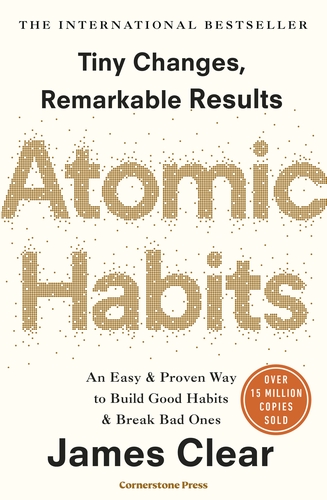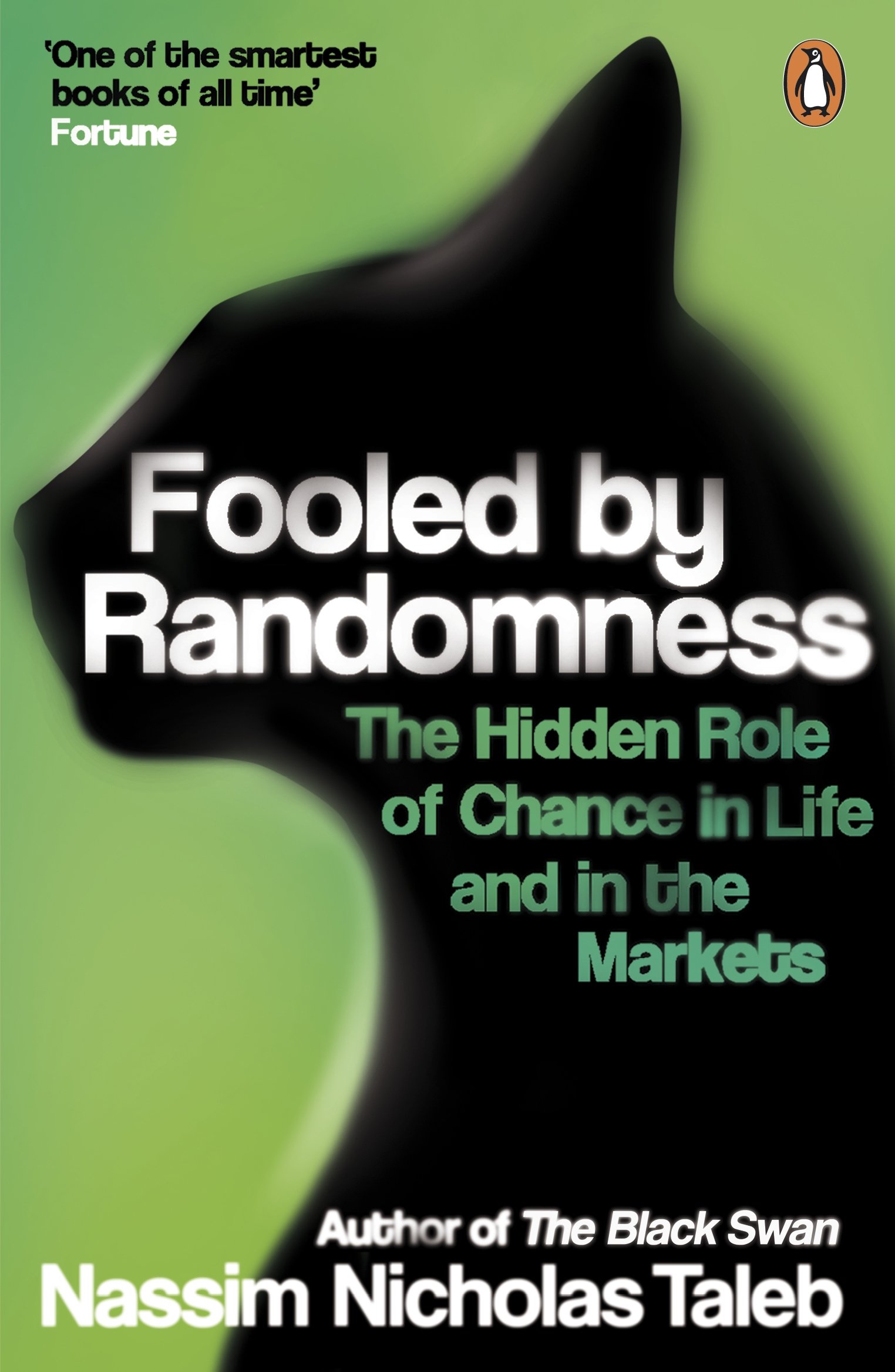Origin of Consciousness in the Breakdown of the Bicameral Mind
Some ideas that I liked from the book:
-
Jaynes’ radical theory: humans until ~1000 BCE lacked conscious introspection, instead experiencing “divine voices” as commands from a right-brain “god” chamber to left-brain executive function. Consciousness emerged when linguistic metaphors collapsed the divide — a neural civil war recorded in ancient texts.
-
The Iliad’s heroes act on external divine commands without internal monologue. Odysseus marks the transition — first Greek hero with proto-consciousness. Compare to Abraham hearing God’s voice vs. later prophets’ internal dialogues. Schizophrenia as vestigial bicamerality?
-
Challenges the assumption that consciousness is evolutionarily innate. If true, rewrites human history: consciousness as recent cultural adaptation to societal complexity, not biological given. Modern implications — are our “inner voices” just evolved hallucinations?
-
Why no physical evidence in brain structure? How do children “relearn” consciousness each generation? The theory’s beauty vs. its gaps — like Darwin without genetics. My struggle: reconciling Jaynes’ textual analysis with neuroscience’s hard boundaries.


